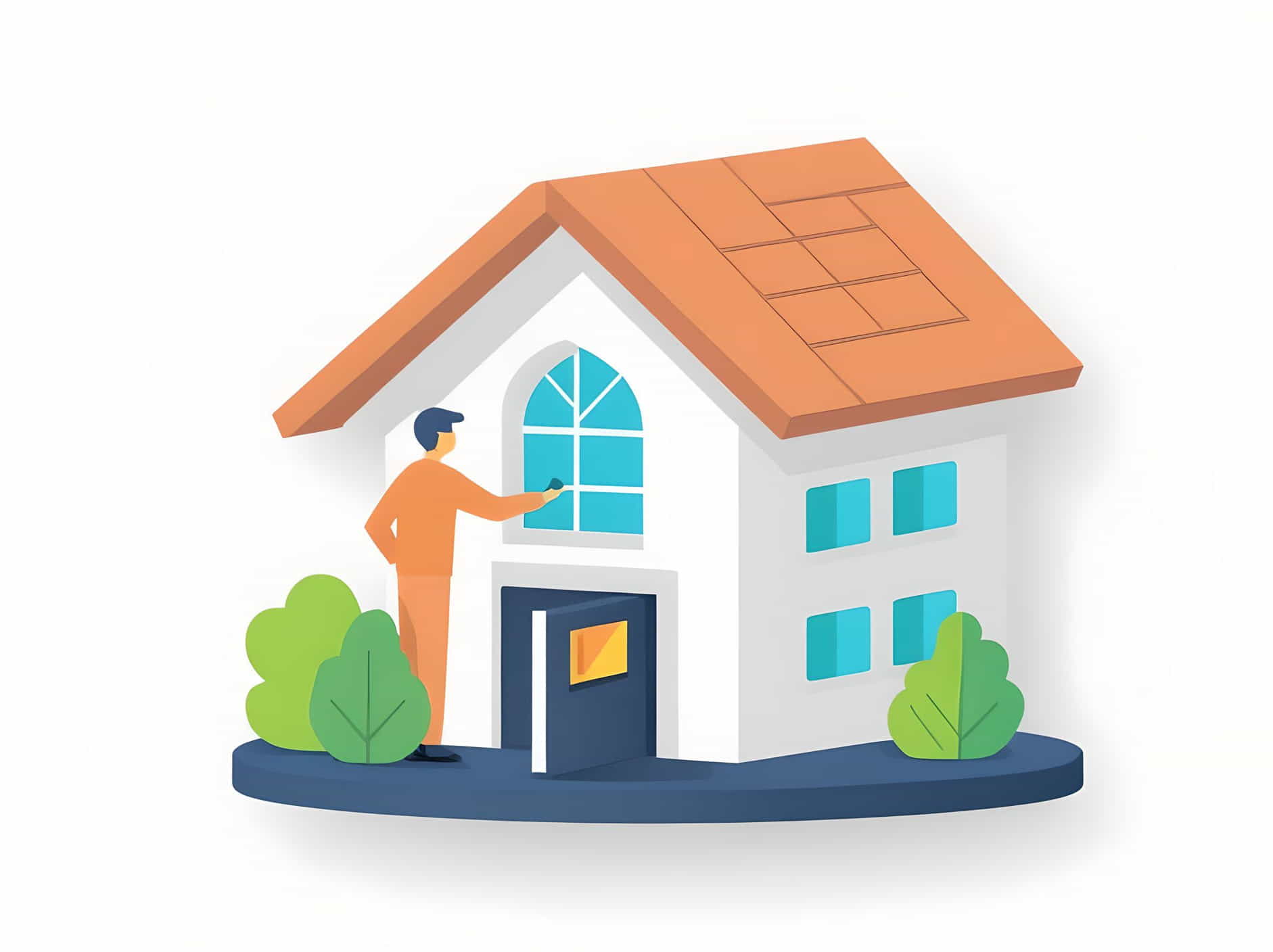
Do Leaseholders Have to Pay for Roof Repairs?
Understanding the financial responsibilities of leaseholders, particularly regarding roof repairs, is crucial for anyone involved in property leasing. This article delves into the specifics of lease agreements, the common obligations of leaseholders, and the circumstances under which they might be responsible for roof repairs.
The Basics of Leasehold Property
In a leasehold property arrangement, the leaseholder owns the right to occupy and use a property for a specified period, as outlined in the lease agreement. The freeholder, also known as the landlord, retains ownership of the building and the land it stands on. The lease agreement delineates the responsibilities and rights of both parties.
Common Leaseholder Responsibilities
-
Interior Maintenance:
- Leaseholders are typically responsible for maintaining the interior of their individual units. This includes tasks such as plumbing, electrical work, and general upkeep.
-
Service Charges:
- Leaseholders usually pay service charges to the freeholder or a managing agent. These charges cover the costs of maintaining common areas, building insurance, and essential repairs, including roofing.
-
Ground Rent:
- A fixed annual payment to the freeholder is also a common obligation for leaseholders.
-
Adherence to Lease Terms:
- Leaseholders must comply with the terms set out in the lease agreement, which can include restrictions on alterations to the property and obligations to contribute to communal repairs.
Roof Repairs: Who Pays?
The responsibility for roof repairs can vary depending on the terms of the lease agreement. Generally, the roof is considered a common area in multi-unit buildings, making its maintenance a shared responsibility.
-
Lease Agreement Clauses:
- The lease agreement should explicitly state who is responsible for roof repairs. In most cases, the freeholder is responsible for maintaining the structure, including the roof, and the cost is passed on to leaseholders through service charges.
-
Service Charges and Major Works:
- Roof repairs are often classified as major works. Leaseholders contribute to these costs through service charges, which can increase significantly if substantial repairs are needed.
-
Reserve Funds:
- Some lease agreements establish a reserve fund (or sinking fund) to cover the cost of major repairs. Leaseholders contribute to this fund regularly, ensuring that sufficient funds are available when significant repairs, such as roof replacement, are required.
Understanding Your Lease Agreement
To determine whether leaseholders must pay for roof repairs, it is essential to thoroughly review the lease agreement. Key sections to examine include:
-
Maintenance and Repair Clauses:
- These clauses outline the responsibilities for maintaining and repairing the property. Look for specific references to the roof or structural components.
-
Service Charge Provisions:
- These provisions explain how service charges are calculated, what they cover, and how often they are collected. They should detail whether roof repairs are included.
-
Consultation Requirements:
- For major works, the freeholder is typically required to consult with leaseholders if the cost exceeds a certain threshold. This process, known as a Section 20 consultation in the UK, ensures transparency and allows leaseholders to comment on the proposed works.
Disputes and Legal Recourse
Disagreements over who is responsible for roof repairs can arise, particularly if the lease agreement is ambiguous. In such cases, leaseholders can take several steps:
-
Negotiation:
- Attempt to negotiate with the freeholder or managing agent. A clear, written agreement can help resolve disputes amicably.
-
Legal Advice:
- Consult a solicitor with experience in property law. They can review the lease agreement and provide guidance on the leaseholder’s rights and responsibilities.
-
Dispute Resolution Services:
- Many countries have specific services to handle leaseholder disputes. For instance, the First-tier Tribunal (Property Chamber) in the UK can adjudicate on service charge disputes and other leasehold issues.
-
Mediation:
- Mediation services can offer an alternative dispute resolution mechanism, helping both parties reach a mutually agreeable solution without resorting to formal legal proceedings.
Whether leaseholders have to pay for roof repairs depends largely on the terms of their lease agreement and the structure of their service charges. While the freeholder is typically responsible for the upkeep of common areas, including the roof, the costs are often distributed among leaseholders through service charges or reserve funds.
Leaseholders should thoroughly review their lease agreements to understand their obligations and seek legal advice if disputes arise. By doing so, they can ensure that they are well-informed about their responsibilities and rights, and can take appropriate action to manage and plan for any potential costs associated with roof repairs.
Understanding the nuances of lease agreements and maintaining open communication with freeholders and managing agents are key to navigating the financial responsibilities of property maintenance, ensuring that both the property and the relationship between leaseholders and freeholders remain in good condition.